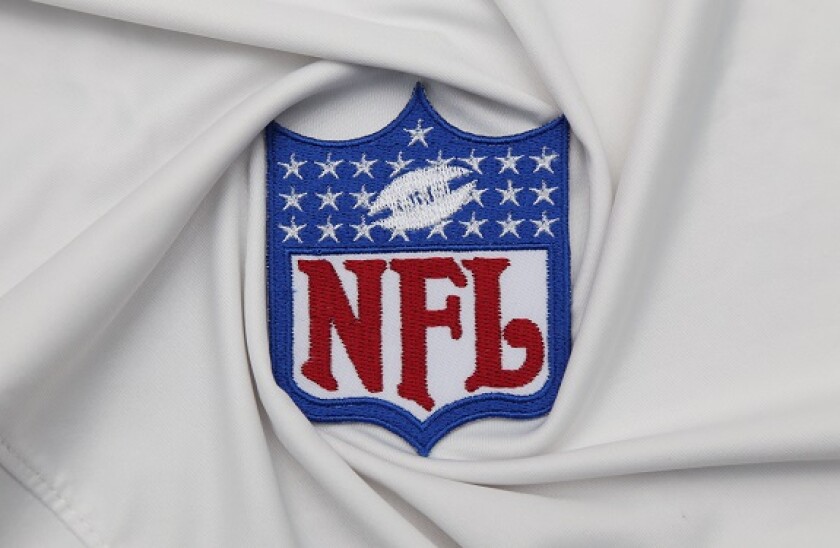More than 40 institutional investors participated in the transaction, according to several sources, a high figure for a market that rarely sees deals of above $1bn. Bank of America arranged the deal, which was secured on TV rights, offering investors five, seven, 12, 15 and 20 year tranches.
The five year portion was priced at 240bp over US Treasuries with a 2.68% coupon, the seven year at 2.97%, which is thought to have been equivalent to 250bp-255bp over US Treasuries, although this could not be confirmed precisely. The 12s came at 270bp over US Treasuries with a 3.33% coupon, the 15 year at 290bp over US Treasuries with a 3.53% coupon and the 20 years with a 3.85% coupon and priced at 275bp over the I-curve.
US sports leagues and teams have been frequent, if somewhat covert, issuers of private placements over the years. Teams often use the instrument to finance stadiums, for example. The National Basketball Association, both via its parent company and its subsidiary, Hardwood Funding, has raised debt in the USPP market. The NFL has PPs outstanding, too, in the name of the parent organisation and various funding vehicles, while Major League Baseball has also used the instrument.
The ‘big four’ US sports leagues, which also includes the National Hockey League, are popular investments with institutional investors, as there is a coupon pick-up to be had compared with more typical borrowers like utilities. Deals for leagues are often secured on TV rights or ticket earnings. Moreover, with US sport teams, unlike their equivalents in Europe, there is no risk of relegation and the economic devastation that comes with it.
Nonetheless, with coronavirus wreaking havoc on professional sporting events, PP agents were less sure of how investors would approach the sector. As one banker in London noted: “We don’t do crisis funding.”
The sports industry the world over is struggling to navigate a loss of earnings from schedule disruption, empty stadia and falling sponsorship renewals. However, certainly in the US, broadcasting revenues are expected to remain strong across the US sports landscape. The NFL increased team borrowing limits in late May to $500m from $350m to allow clubs to strengthen their balance sheets.
The most recent NFL season concluded with the 54th Super Bowl on February 2, before the coronavirus struck the US, and the regular season starts only a week after the Labour Day holiday at the start of September — which put the league at an advantage to others, as it could maintain its off-season schedule. However, it did not follow the example of other leagues in creating a social bubble for its players. They have been allowed to go home after training, which heightens their chances of infection.
Major league sports in the US have undertaken a stuttering return to action, as the desire to resume games is inversely matched by a persistent risk of coronavirus infection. Major League Baseball had to postpone a number of matches in July because there was an outbreak at the Miami Marlins.
Roger Goodell, the NFL commissioner, wrote to fans on Monday saying the pandemic has presented a major challenge to the season and that “adjustments are necessary to reduce the risk for everyone involved.”
This will mean hashing out thresholds for when a team has to fully quarantine if it is hit by a run of player infections. Fitch flagged in mid-July that an increase in coronavirus cases may complicate plans to resume competitions.
But as the NFL deal illustrates, a strong group of institutional investors see the danger to professional sport as temporary. “It is clear investors have taken a pretty positive tone to supporting the industry through this crisis,” said a senior PP agent in New York, who also said that the NBA had issued two sets of private placements in the past five months.
The NFL was not immediately available to comment.

